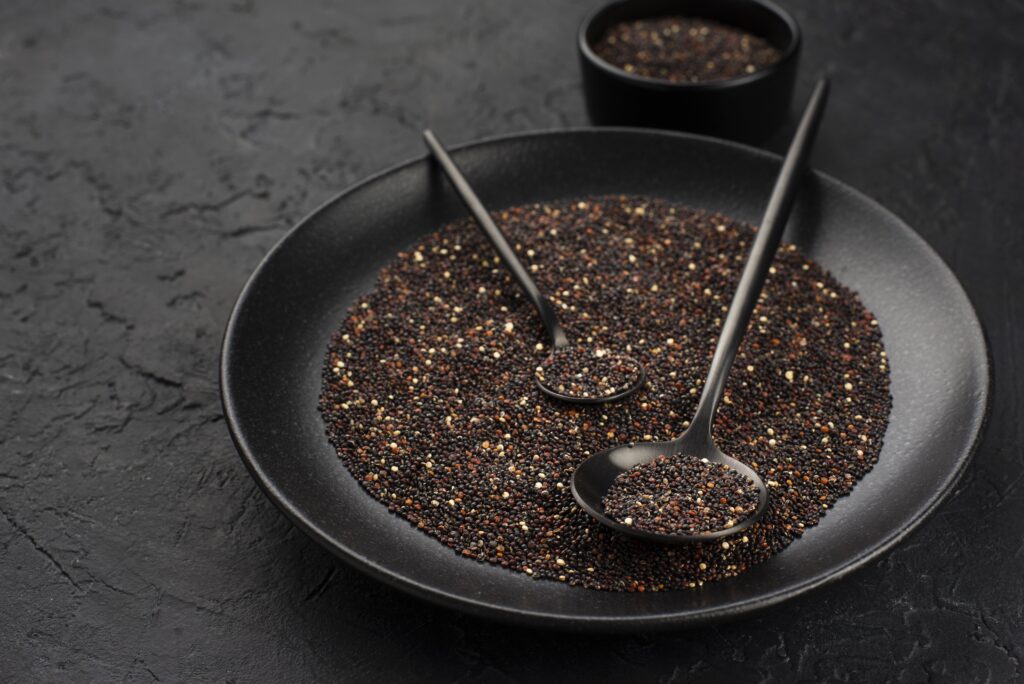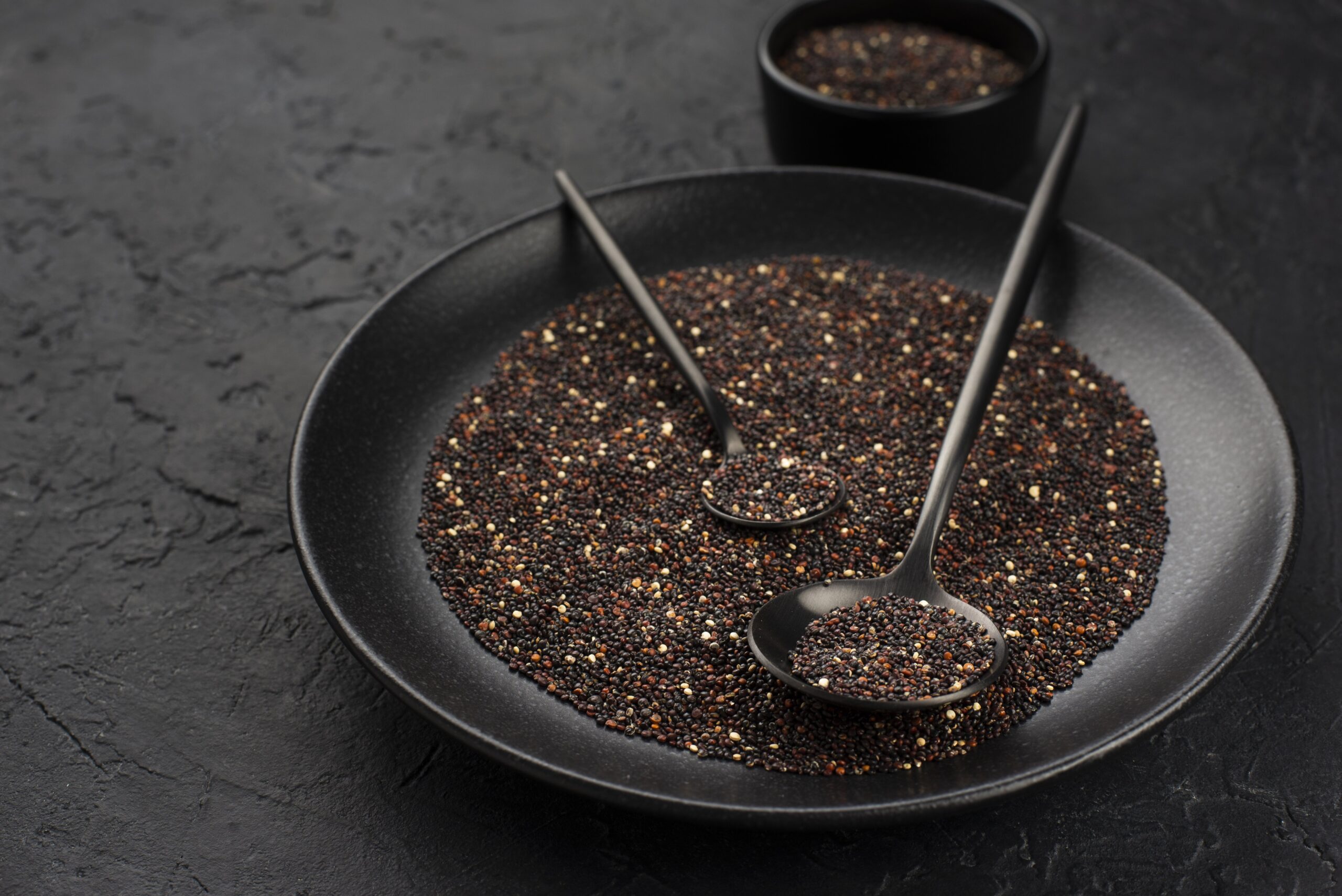
Plants require nutrients for growth and development. In cases of deficiency, the plant cannot complete the vegetative stages. successfully. Other components cannot compensate for deficiencies in one of these food components. The number of essential food ingredients is 17, which is as follows:
| Major Components | Minor Components |
| Nitrogen | Iron |
| Phosphorus | Copper |
| Potassium | Zinc |
| Calcium | Boron |
| Magnesium | Chlorine |
| Sulfur | Nickel |
| Hydrogen | Molybdenum |
| Carbon | Manganese |
| Oxygen |
Role of 17 Essential Nutrients in Plant Growth
Nitrogen
Nitrogen is an important element found on the planet. Its amount in the atmosphere is 78%. Plants need it in abundance. But most plants cannot use the nitrogen in the air unless it is available. will be converted into nitrate (NO3) and ammonium (NH4). Some bacteria (Rhizobium azobacter) are present on the roots of plants of the legume family, which make the nitrogen (N) in the air available to the plants. This process is called nitrogen fixation. Nitrogen is essential for vegetative and non-vegetative growth of plants.

It is part of chlorophyll. It plays a role in the production and utilization of carbohydrates. A deficiency of nitrogen in the leaves leads to a lack of chlorophyll in the leaves and slows down the growth process. The leaves of the plant turn yellow and remain small. Deficiency of chlorophyll affects photosynthesis. Nitrogen deficiency symptoms appear first on older leaves.
As a result of the excess of nitrogen, the growth process is fast and the branches of the plant remain small. Due to the excess of nitrogen in fruiting plants, the fruit remains small and the fruit ripens late. Such vegetables that have leaves as vegetables. They require high amounts of nitrogen. High amounts of nitrogen are harmful to citrus fruits. The amount of nitrogen in the soil continues to decrease as the plants continue to use it. In addition, It is also lost through leaching, soil erosion and denitrification processes. The amount of nitrogen in the soil can be improved by organic matter, cultivation of legume crops and application of artificial fertilizers.
Phosphorus
Like nitrogen, phosphorus is also essential for plants. Phosphorus occurs naturally in the form of phosphate rocks. Phosphate is made usable by sulfuric acid and phosphoric acid. Plants use phosphorus in the form of PO4 H2 or HPO. H2PO4 is more soluble so More suitable for plants. Soils with a pH below 5 are unable to utilize phosphorus even though the soil contains phosphorus. At a pH above 8, the movement of phosphate ions slows down in the soil.
Role of 17 Essential Nutrients in Plant Growth Phosphorus plays a role in the process of germination. It plays an important role in the process of seed formation and improves the quality of the seed. It creates immunity in plants against diseases. And protects the crop from falling. Not in plants, the process of cell formation and decomposition also depends on phosphorus.
It plays a role in storing and transferring energy from one place to another. Due to its deficiency. The number of leaves on the plants decreases and the size of the leaves also remains small. In addition, the growth of the roots also slows down. The use of carbohydrates decreases. Therefore, due to the accumulation of carbohydrates in the leaves, the leaves The color becomes dark green and appears purple in autumn. In case of its deficiency, the seed quality is affected.
Potassium

Potassium is the third important element for plants. It is not part of the organic compounds of plants and is lost as the plant dies. Therefore, organic matter is deficient in potassium. Use in form. Potassium makes plants immune to diseases. Photosynthetic and respiration process depends on potassium.It plays an important role in formation and storage of carbohydrates in leaves. Water through stomata. Controls exudation. Its deficiency leads to yield loss. Leaves begin to shrivel and edges become scorched.
Calcium

Calcium is essential for cell division and cell growth in plants. It binds cells together like cement is used to bind bricks. In case of calcium deficiency, plant growth stops. The leaves turn yellow and become damaged. In case of severe deficiency, the tips of the leaves turn brown.
Magnesium
: The main role of magnesium in plants is the formation of chlorophyll. Symptoms of magnesium deficiency appear on old and lower leaves. In case of deficiency, the germination rate is reduced and the flowers become weak.
Sulfur
The presence of sulfur in the soil lowers the pH of the soil and makes many of the nutrients in the soil more available to plants. They play a role in the process of protein formation. In case of its deficiency, the leaves take on a light green or yellow color. The symptoms of its deficiency are seen on the upper parts of the plan
Iron:
Plays a stimulating role in the formation of chlorophyll and is essential for the process of respiration. It is deficient in Pitou nia and Gerbera. In its deficiency, the new leaves appear yellow and white.
Zinc:
It is essential for chloroplasts and is a component of many enzymes. In case of its deficiency, the leaves become smaller and chlorosis occurs. This deficiency can be compensated by spraying the leaves with zinc and sulfate. .
Manganese:
It is deficient in basic soils, while in more acidic soils it is harmful. Its deficiency can be compensated by spraying Manganese and Sulphate.
Copper:
Plants need it in small amounts, but in case of its deficiency, leaves curl and flower size decreases.
Boron: It plays a role in cell formation and sugar transport. In case of its deficiency, the plant becomes short and the flowering process is affected. Its deficiency is corrected by spraying it on the leaves. can go
Molybdenum: It is essential for nitrogen metabolism. It is essential for converting nitrites into ammonia. It increases the amount of vitamins and amino acids in plants. In case of its deficiency, yellow spots appear on the leaves. Symptoms appear first on older leaves.
Chlorine: It affects plant metabolism, but its role is still unclear.
Nickel: It is essential for nitrogen metabolism.

